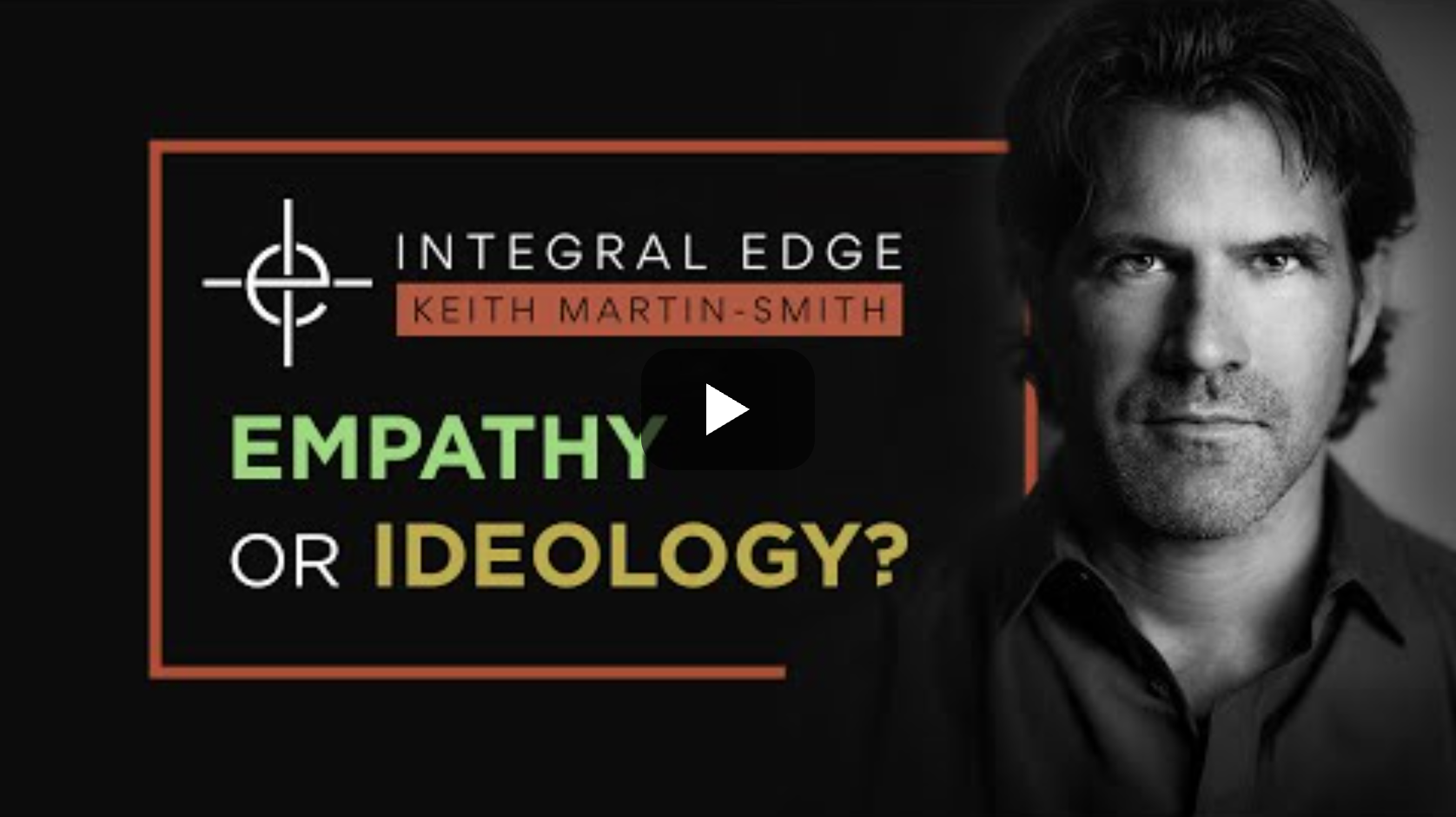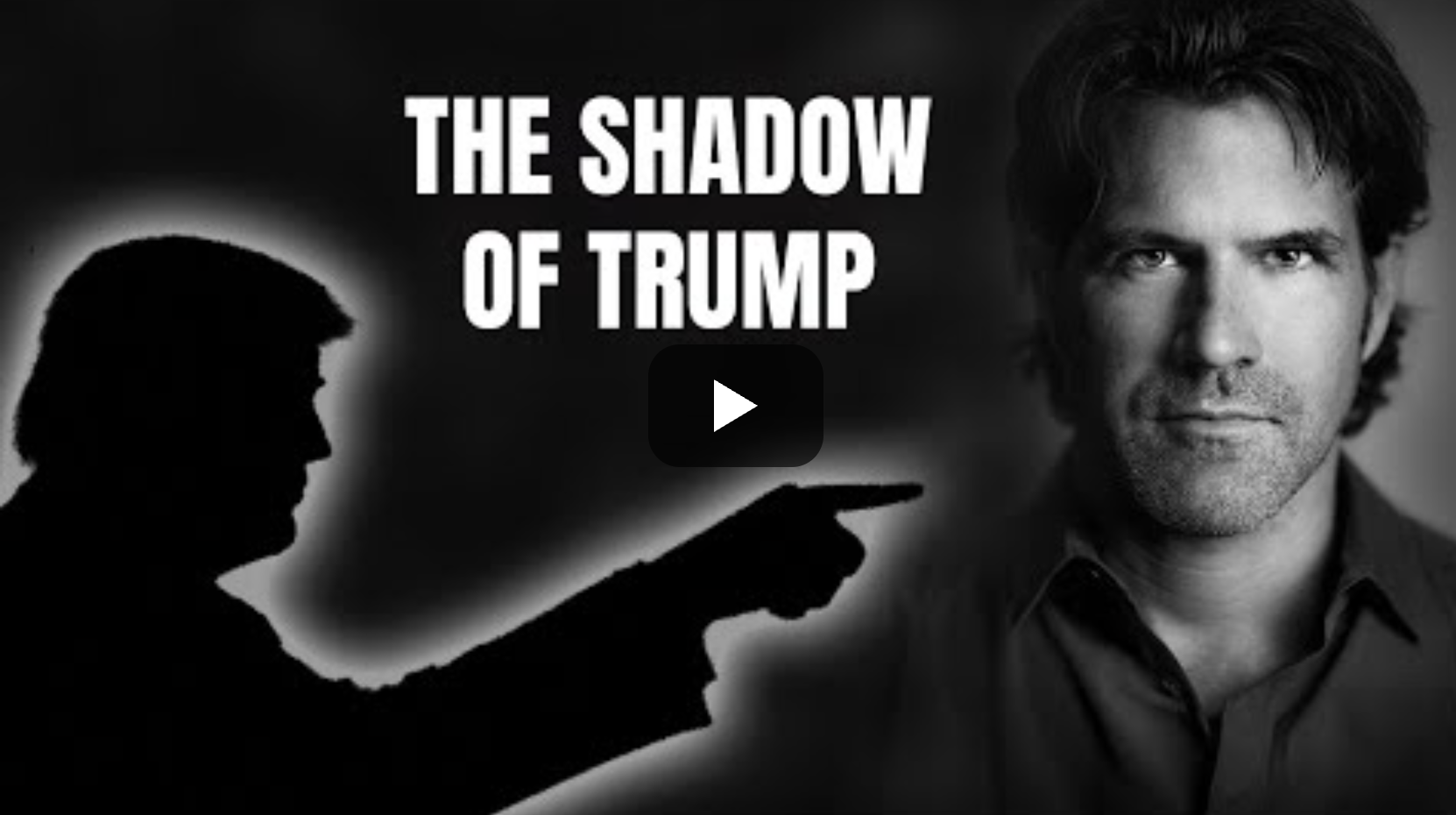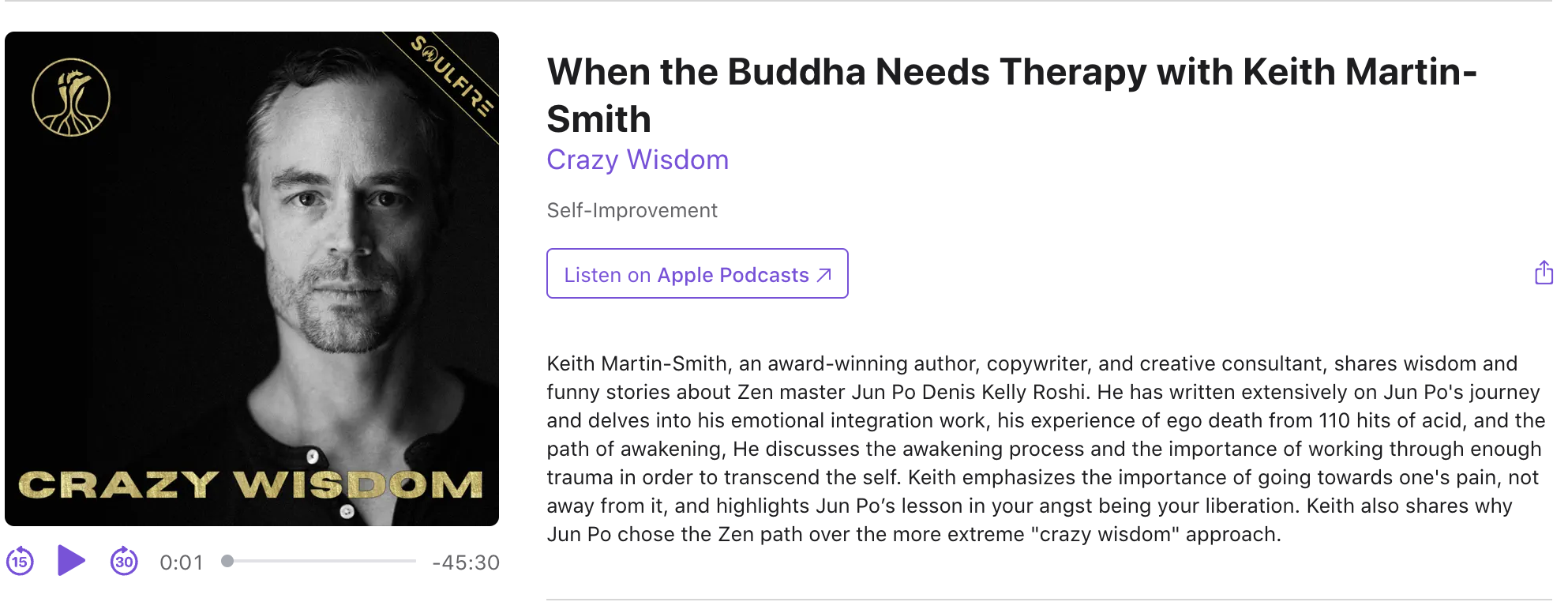
Integral Edge
I host a bi-monthly podcast on Integral Life, open to all.
Here are some recent favorites.
How Can DEI Survive?
(And Should It?)
Keith Martin-Smith offers a bold, developmental critique of modern DEI, tracing its evolution from fairness-based policy to postmodern orthodoxy. He explores how inclusion can become exclusion when empathy gives way to ideology—and outlines how DEI might survive by embracing complexity, dissent, and shared humanity.
How the Founders’ Genius Is Breaking Down (And What We Can Do About It)
The Shadow of Trump
Redefining the Masculine
Keith Martin-Smith explores the modern crisis of masculinity and offers a powerful framework for reclaiming the healthy strengths of traditional, modern, and postmodern masculine expressions. Rather than choosing between power and empathy, discipline and vulnerability, Keith shows how wholeness means learning to embody all of them—at the right time, in the right way.
View new episodes, or watch and participate live, at Integral Life.
Zen Stuff
Can you choose enlightenment? The answer may surprise you.
Newest Interviews
Zen priest, author, and developmental thinker Keith Martin-Smith returns for a dive into what happens when ancient wisdom meets modern trauma. We riff on the psychology gaps in traditional meditation, why some Buddhists need therapy more than enlightenment, and how writing a biography of a Zen master changed Keith’s own practice. It’s candid, occasionally irreverent, and rich with insight for anyone walking both spiritual and developmental paths.
In this interview with Everyday Martial Arts, I talk about my 30+ years in Northern Chinese martial arts, and other disciplines. I also share my thoughts on the rise of MMA, and how that has both brought more attention to martial arts but also greatly weakened traditional ones.
We discuss what that means, and why I’ve decided to create Integrated Martial Arts (IMA), a school dedicated to maintaining the principles and practices of traditional martial arts outside of any single lineage.
Luke and I talk a great deal about my teacher Junpo Roshi and some of the wilder and funnier stories I have of him. We also get into some of his profound teachings, which were the foundation of my latest book, When the Buddha Needs Therapy.
Waylon Lewis and I have a wide-ranging and fascinating talk about spiritual practice, psychological shadow, what we need to do as practitioners and teachers, and what’s been learned from the last 50 years of scandal, insight, and community practice.
We address why therapy alone isn’t enough to end your suffering, and spiritual awakening can’t touch your psychological shadows.
How to Start an American Cult
Killing & Letting Die
One of my favorite things I’ve ever created. This is a dark coming-of-age tale where, under the bright veneer of suburban life, not all is as it appears.
*First published in 2009, in "The Mysterious Divination of Tea Leaves" (John Hunt Publishing)








